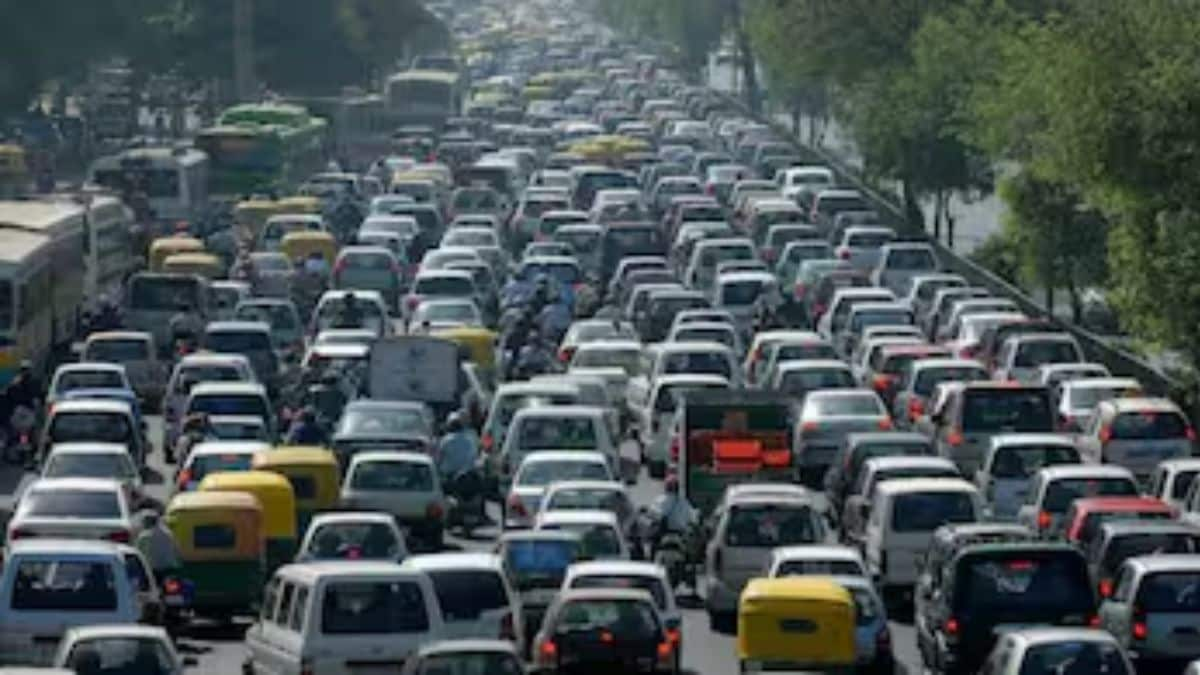

The Delhi government has requested the Commission for Air Quality Management (CAQM) to suspend the recently enforced ban on supplying fuel to older vehicles, citing technological and logistical hurdles and strong public discontent. The ban, which came into effect on July 1, 2025, prohibits fuel stations from dispensing fuel to vehicles older than 10 years for diesel and 15 years for petrol, in accordance with existing court orders.
Delhi Environment Minister Manjinder Singh Sirsa communicated the request to CAQM via a letter, emphasizing the government's commitment to mitigating air pollution but deeming the fuel ban "premature and potentially counterproductive". Speaking at a press conference on Thursday, Sirsa stated that the measure has triggered anger among residents, asserting, "People are unhappy. The government is with them". He also placed blame on the previous AAP regime for the "rigid norms".
The government has stated that the fuel ban on overage vehicles is not feasible in the city due to technological challenges and complex systems. According to Sirsa's letter, the enforcement of the ban via Automatic Number Plate Recognition (ANPR) systems has revealed "crucial operational and infrastructural shortcomings". These include malfunctioning sensors and cameras, incomplete integration with databases of neighboring states, and the system's inability to detect vehicles with missing or faulty High Security Registration Plates (HSRP).
Sirsa argued that unless the ban is implemented uniformly across the entire National Capital Region (NCR), it could lead vehicle owners to procure fuel from neighboring districts like Gurugram or Ghaziabad, potentially creating an underground fuel economy. He added that the Delhi government is already implementing a multi-pronged pollution control strategy, ranging from extensive tree plantation drives to stricter Pollution Under Control (PUC) norms and cloud seeding trials. The government has requested CAQM to suspend the fuel ban until the ANPR system is fully operational and integrated across the NCR.
The CAQM issued directives to fuel stations in April, stating that fuel should not be given to end-of-life vehicles (ELVs) from July 1. ELVs include diesel vehicles older than 10 years and petrol vehicles older than 15 years, regardless of whether they are registered in Delhi. According to official records, Delhi has approximately 60.14 lakh deregistered EoL vehicles, with a significant number still in active use. Data from the VAHAN database indicates that the city has over 62 lakh EoL vehicles, including 41 lakh two-wheelers and 18 lakh four-wheelers.
The Delhi government had issued a Standard Operating Procedure last month for enforcing the fuel ban. It directed all petrol pumps to maintain a log, either manual or digital, of all denied fuel transactions involving such vehicles. Fuel stations were also instructed to display signage stating: "Fuel will not be dispensed to End of Life Vehicles — i.e. 15 years old Petrol and CNG and 10 years old Diesel 01.07. 2025". Petrol stations were advised to train their staff on the CAQM regulations and compliance procedures for denying fuel to EoL vehicles.